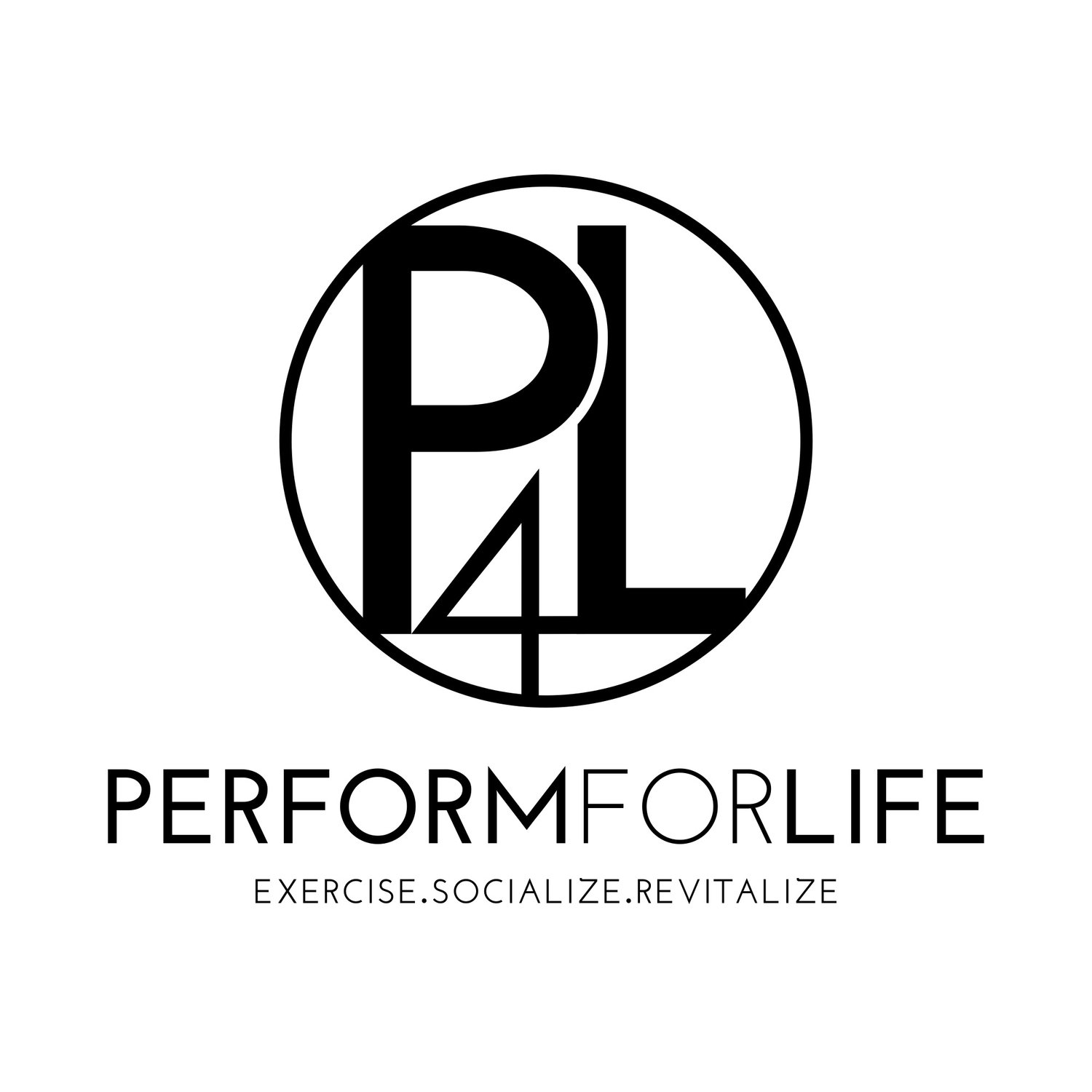Kilo Strength Society
For those of you who read the blogs I write, you may know that I am quite drawn to corrective exercise, pain and injury management, and clinical bodywork. What you might not know, however, is that I also have a passion for strength training and muscle building that I wanted to share with you today.
Before I talk about that though, I think it’s important for me to confess to you that I honestly didn’t have this passion as little as three months ago. Yes, that’s right. The truth is that, if I’m being honest, about three months ago I would’ve told you that I was getting kind of burnt out with training. At that point in time, I had just finished taking a course for a technique called P-DTR, or Proprioceptive - Deep Tendon Reflex, a neurological tool for helping people with pain and refining movement. I was taking this course for a year and before this, I completed a six-hundred hour massage school program to get my soft tissue license. The point is that I had jumped into the clinical bodywork rabbit hole and was obsessed with using my neurological and soft tissue skills because these techniques were truly helping me make huge breakthroughs with my clients. Originally, I decided to study massage and bodywork to enhance my training, but it seemed like the scales were tipping and that training was starting to support my massage and bodywork instead.
I was a bit lost, to say the least, and for a time I very seriously considered going to chiropractic or physical therapy school to fully commit myself to bodywork, rehabilitation, and healing. So what happened? How did I go from considering a career change to claiming that I have a passion for strength training and muscle building - two types of training, by the way, that many could argue are quite opposite of bodywork and rehabilitation?
In late February, our team took a trip down to Southern California, to visit another training facility called Kilo Strength Society. We were there to take a course called Advanced Strategies to Program Design, my first training course in almost two years since I’d been so preoccupied with massage school and P-DTR. Honestly, I originally wasn’t going to go, but Bryant and Justine were covering the class, Coach Anthony was going to drive a bunch of us down, and many people who I look up to as mentors told me how good the material was going to be, so I said to myself “f*** it - hopefully it’ll be a good final training course before I go all in on bodywork.” I’ve never been so wrong.
The owners of Kilo Strength Society and teachers of the course have had years and years of experience training elite level professional and olympic athletes, and it truly showed when class was in session.
Each day of the course began with a full workout - they believed that if you were going to make a client do something, that you better know how it feels to go through it yourself. Afterwards, we dived into the various theories and techniques of program design, and I was blown away. They covered everything from establishing proper strength ratios, to targeting every fiber of every muscle for balanced development, to utilizing an undulating periodization to design a program for an athlete spanning over sixteen years or even more. This list could go on and get nerdier and nerdier, but we can talk about all the specifics another time. “There’s a reason for every exercise in the program; no exercises just because,” said Stephane Cazeault of Kilo. And that’s what I was drawn to - the precision, perfectionism, and intent with which every detail of every exercise is thought out to get the athlete closer to his or her goal.
This was, without a doubt, the best personal training course I had ever taken. Other courses seemed to cover similar important concepts, but Kilo taught me how to execute and use all the knowledge I already possessed to create a truly custom, purposeful and challenging program for both me and my clients. This course reignited the personal training flame for me, but unlike my bodywork courses, it didn’t tug me in the opposite direction and make me want to stop doing bodywork and corrective exercise. Kilo’s program design techniques are so thorough that I learned to understand how this balanced approach becomes corrective exercise. Kilo’s strategy is to attack weaknesses and in doing so, almost becomes a form of advanced corrective work. Kilo was helping me to reconcile this tug o’ war between training and bodywork and making me realize how much I love the integration of both in my service.
If you’re in Southern California, I cannot recommend Kilo Strength Society enough. If you’re a trainer or coach, Kilo are the people to learn from. And if you’re looking for an integrated and intentful exercise and bodywork service, I’m excited to help.

